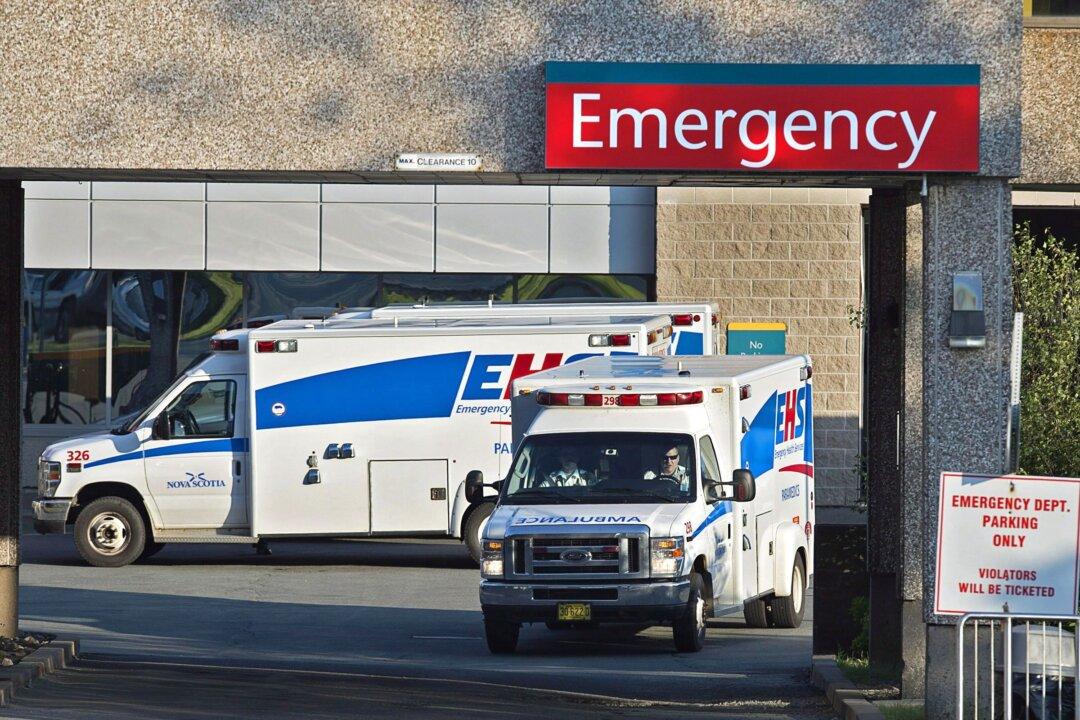The mayor of Middleton, Nova Scotia, is calling for changes to the province’s health-care system after a patient admitted to the local hospital died during a cardiac arrest, and volunteer firefighters were called in to help because there was no doctor available on site.
Mayor Sylvester Atkinson wrote a letter on June 19 to Nova Scotia Premier Tim Houston saying it was “frightening” that the “fire department had to respond and provide care to help save patients in our hospital.”





